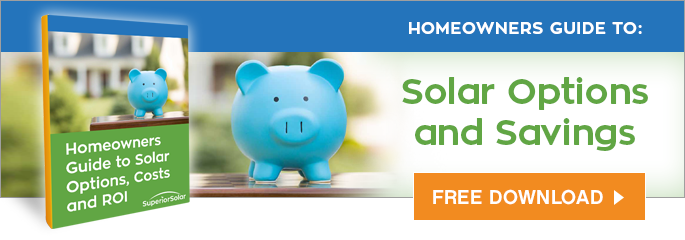When we talk about solar power, it’s hard for us to repress our inner geek. There is just so much interesting science behind the technology. One of the more intriguing storylines out there right now is the battle for supremacy in the solar battery marketplace. Three companies in particular are jockeying for the #1 position, but before we highlight the current leaders, let’s talk about what solar batteries do and how they can benefit consumers like you.
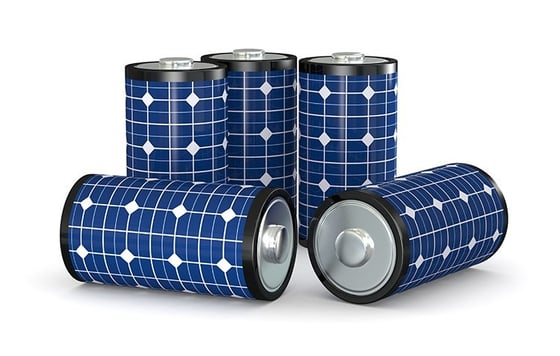
Solar Plus Storage Systems
If you don’t have an energy storage system (ESS), the excess energy that’s collected from your solar panels gets sent back to the electrical grid. It works the other way around, too. If your home needs more juice than your solar panels are producing, you draw power from the grid. None of this is a bad thing, because utility companies in Florida credit you back for the difference.
Now imagine you do have a home battery, or ESS. When your solar panels receive the sun’s energy, the excess is stored in your own system, the battery! So when the sun goes down, and your panels are resting, the battery, not the electrical grid, is ready to take over to power your house. The only time you’ll send electricity back to the grid is when your battery is fully charged. If your battery gets depleted, you’ll draw electricity from the grid.
I’ve been using the term “battery” as a singular item, but in reality, most homeowners will want to invest in multiple batteries, depending on the size of their house, their typical usage, and the size of their solar system.
Can I Go Off the Grid if I Have an ESS?
Unfortunately, the answer in Florida is no. Technically, you’re still required to be connected to the grid, because we have a law that mandtates it..
The average household’s storage system saves up enough energy for at least a few hours of regular usage, maybe even days if you’re diligent about switching off lights and can tolerate Florida’s humid nights without turning the thermostat way down.
That being said, in theory, if you cut way back on your usage, your energy storage system could supply you indefinitely with the limited energy you crave, assuming the sun keeps rising.
Because batteries store energy at your home, they also offer backup power in the event that there’s a power outage in your area. Doesn't that sound inviting, considering how vulnerable we are to that exact thing happening? Self-sufficiency has a nice ring to it, even if it’s only for emergency situations.
The bottom line here is batteries could serve as your sole power source as long as the sun is supplying enough energy, and you have enough roofspace to absorb that energy.
Who’s Who in the Market?
There are a lot of companies that have jumped into the solar battery marketplace because they know how valuable those energy storage units are to homeowners. The three that have piqued our interest the most are Sonnen, Tesla, and LG.
I’m sure you’ve heard of two of them, but I’m thinking the name Sonnen is new to you. Sonnen, a German company, is currently the leader in technology and implementation of energy storage systems.
A cool thing about the sonnenBatterie eco, the official name of their ESS, is that it creates your own personalized energy profile. It has the capability to adjust to your usage based on consumption patterns.
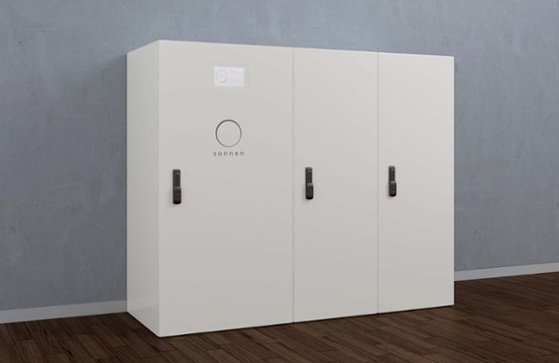
Tesla’s Powerwall is another option, but it's still not available and its official availability date has gotten pushed back for many months. You might have to wait several more months to get it installed. That sleek Tesla design does look nice, and they’re working out some kinks experienced in their prior versions. They claim it’s an easy setup, no maintenance, and has constant monitoring, even sending alerts about bad weather approaching.
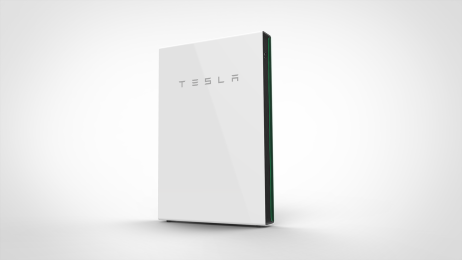
Our top pick, however, is LG Chem, and their RESU line. They offer a wide range of size options of high-quality batteries that are available now at very competitive prices. They claim to be smaller, cheaper, and more powerful than any other option on the market. They’re also backed by LG, a very reputable and growing company.
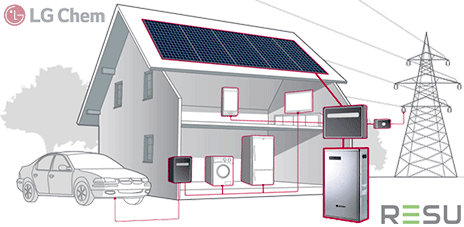
What to Look For
As you research your solar plus storage options, you’ll discover a lot of product specifications. The most important ones to consider are the battery’s capacity and power ratings, depth of discharge (DoD), round-trip efficiency, warranty, and the manufacturer’s track record.
All three batteries mentioned here offer a 10-year warranty, but you have to read the fine print on how much storage capacity the battery will lose over that time.
The general range for a solar battery's useful lifespan is between 5 and 15 years. I know, big gap. But as the technology improves, it is expected that solar batteries will continue to make strides in durability.
Geek Out With Us
I invite you to learn more about battery options, and maybe even get your science-freak on to understand the monetary benefit that a solar plus storage system brings to you, by contacting us at (407) 331-9077.


